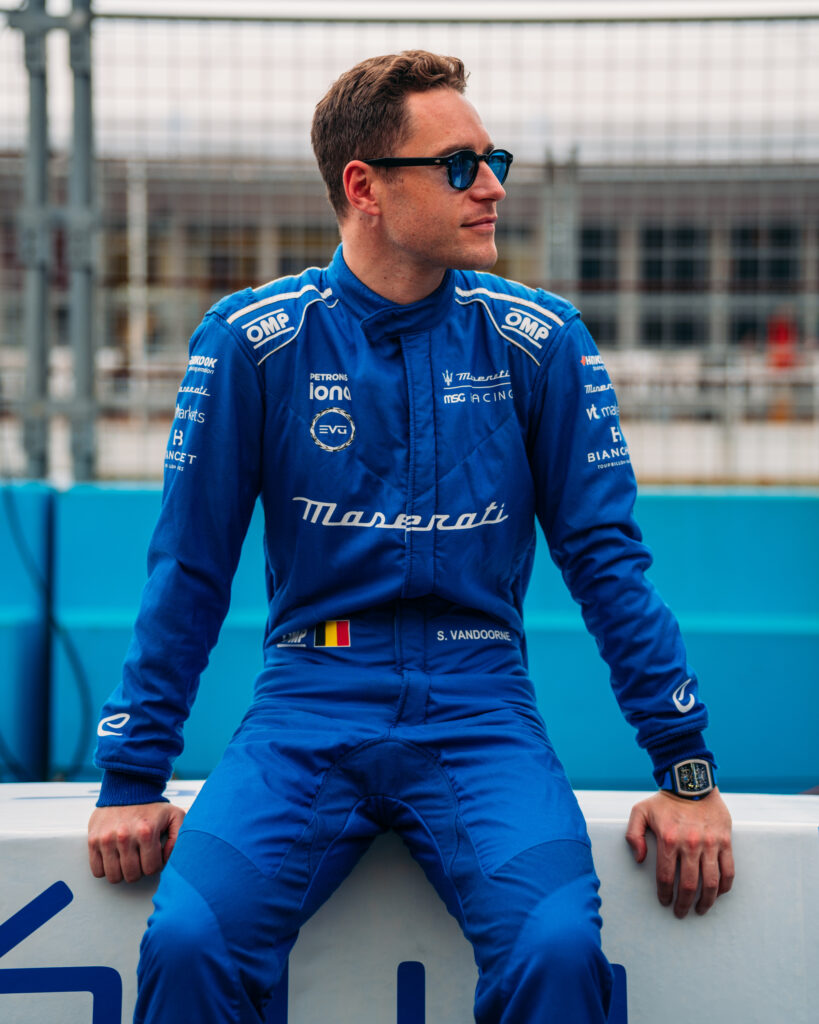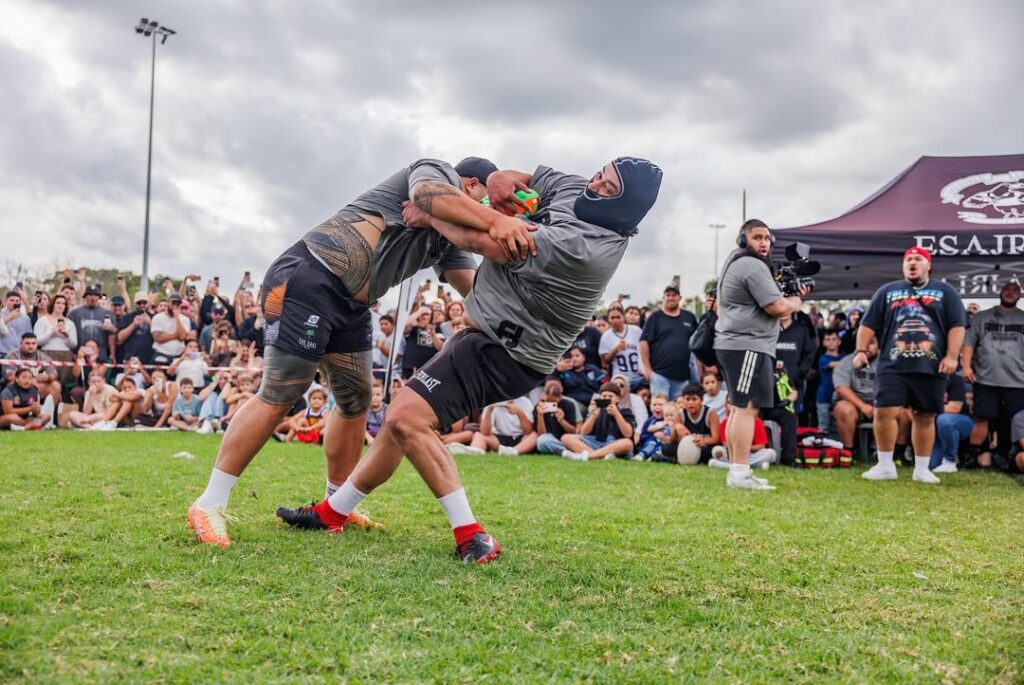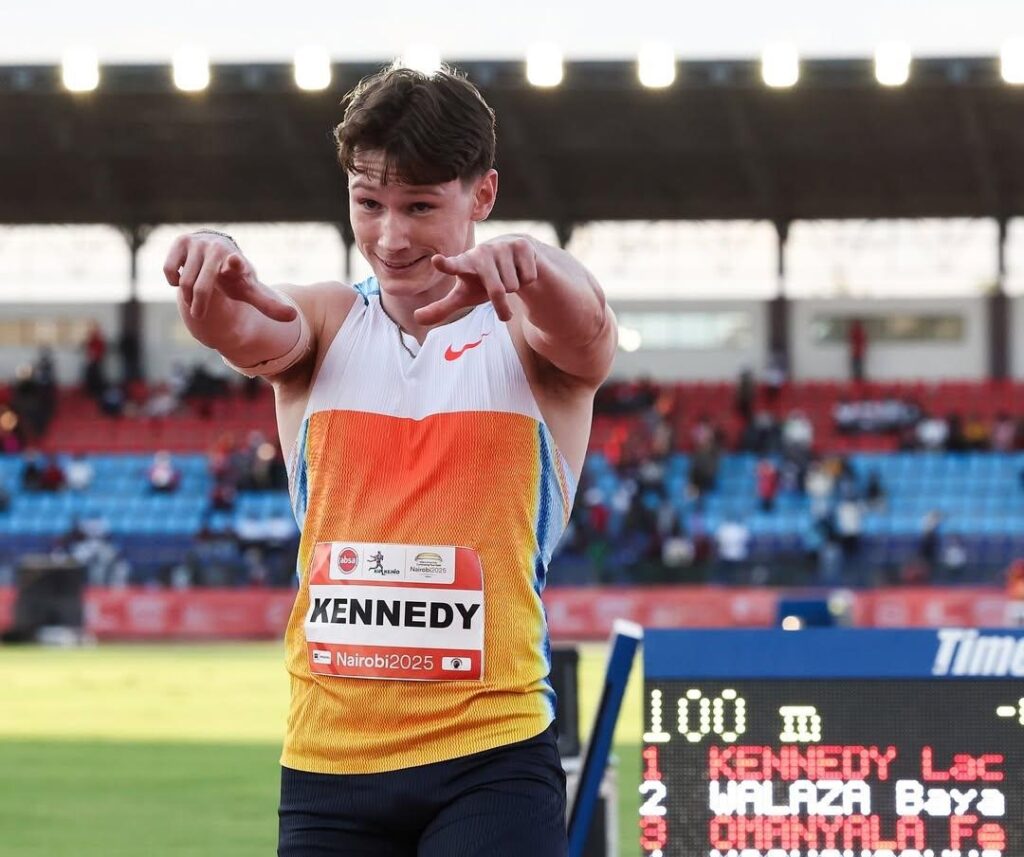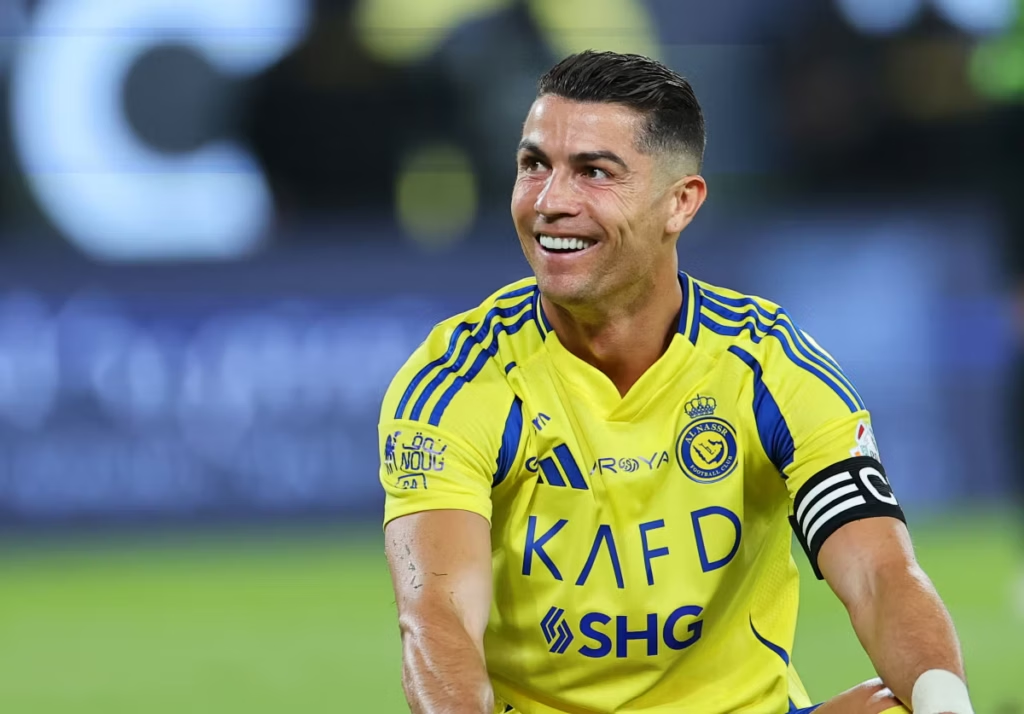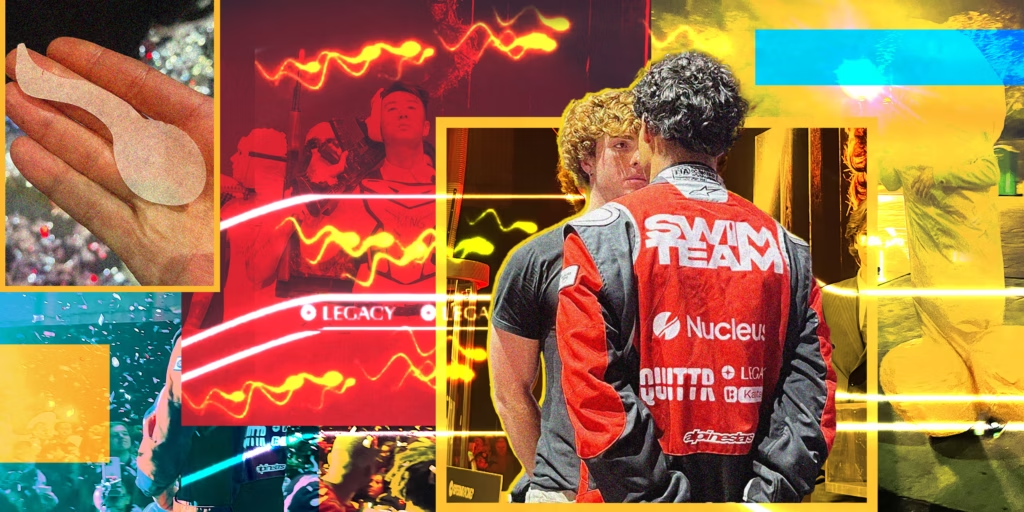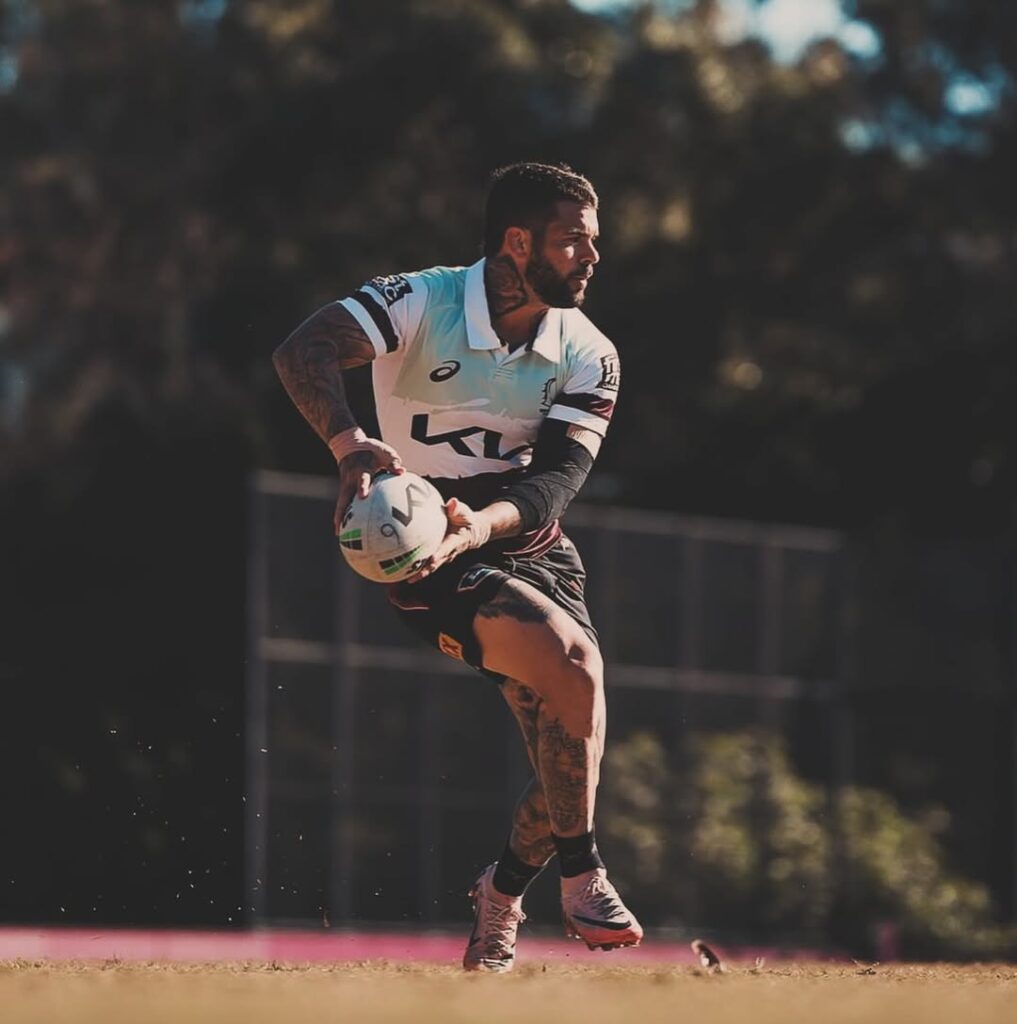The 2022 FIFA World Cup has always been controversial. From the moment Qatar was awarded the 22nd edition of the tournament in 2010, allegations of corruption marred celebrations of the first world cup hosted in the Arab world. Since then, Qatar’s appalling human rights record has sparked calls for a boycott of the world cup. But there haven’t been any collective protests by an entire team or governing body, until now.
The Socceroos miraculous qualification for the 2022 world cup will live on in Australian sporting folklore. Now the team with the longest path to the world cup are sending a fiery message of protest less than a month out from their opening game on November 23. In a video message, 16 Socceroos players have criticised the Qatari regime for its treatment of migrant workers, as well as calling for the nation to decriminalise same-sex relationships.
The video features 16 Australian players and has the backing of the wider playing group. The players in the video include captain Maty Ryan, qualification hero Andrew Redmayne and other stars like Jamie Maclaren, Jackson Irvine and Mathew Leckie.
The Socceroos video calls attention to the oppressive treatment of migrant workers at the hands of the Qatari regime, advocating for suitable resources to protect worker welfare. “Addressing these issues is not easy. And we do not have all the answers,” the players said.
The players set out the measures that must be taken to ensure continued progress, “This must include establishing a migrant resource centre, effective remedy for those who have been denied their rights and the decriminalisation of all same-sex relationships,” the players said. “These are the basic rights that should be afforded to all and will ensure continued progress in Qatar”.
The Socceroos’ protest has been backed by Football Australia, which has released a separate statement. Football Australia’s statement acknowledges the reforms undertaken in Qatar to protect migrant workers, but also shares the sentiment of the Socceroos message. The statement calls for better protection of workers rights and greater inclusivity for the LGBTI+ community at the world cup.
“Our representation at the FIFA World Cup Qatar 2022 gives us the opportunity to raise awareness of some important matters and help affect change globally and domestically.”
Football Australia
Australia’s statement represents the most significant demonstration of protest by any of the 32 nations that have qualified for the world cup. Other nations such as Denmark, who Australia will play in the group stage, have also protested. Denmark announced last month that they would wear monochromatic protest jerseys in honour of migrant workers who died in preparation for the world cup.
Players from nine nations competing at the world cup have committed to wearing rainbow coloured “One Love” armbands. The armbands are intended as a protest against Qatar’s policy on same-sex relationships. England Captain Harry Kane says he will wear the armband regardless of any fines imposed by FIFA.
Football fans have repeatedly criticised the Qatari regime’s oppressive treatment of migrant workers during the construction of stadiums and facilities for the world cup. An investigation by The Guardian revealed that workers had been denied food and water, had their identity papers confiscated and were often not paid for their work, making them in effect, slaves. The Guardian also estimated that up to 6,500 migrant workers, mostly from India, Pakistan and Bangladesh have died in preparation for the tournament since Qatar was awarded the world cup in 2010.
David Beckham has been criticised after he became a culture and tourism ambassador for Qatar in the lead up to the world cup. Beckham’s former teammate Eric Cantona said that Beckham “Didn’t know what was going on there”, in reference to Qatar’s dismal human rights record. Cantona says that he will not watch the 2022 world cup as a protest.
While many players have expressed discontent or committed to individual protests, before Football Australia’s statement, a governing body of a competing nation was yet to officially support the protest of a team.
Australia’s protest comes with some potential future ramifications. The Socceroos play in the Asian Football Confederation (AFC), the same confederation as Qatar. Qatar is hosting the next Asian cup, which the Socceroos will compete in next year. With Australia preparing a bid to host the 2034 FIFA World Cup, the protest could have political consequences. The protest has the potential to upset other nations that are highly influential in the bidding process, especially ones within Australia’s confederation.
Football Australia’s support for the Socceroos is surprising, but the governing body’s statement revealed that they had been engaged in a consultation process with stakeholders for months to gather information on the best way to advance human rights and protect worker welfare in Qatar.
“We believe that by working closely with these stakeholders, we can help promote a legacy beyond the FIFA World Cup Qatar 2022”
Football Australia
The Socceroos protest has sent shockwaves around the footballing world less than a month out from the most watched tournament in sports. While no country is expected to boycott the tournament entirely, keep an eye out for other nations to follow in Australia’s footsteps with demonstrations of protest ahead of a world cup certain to have its share of controversy.









